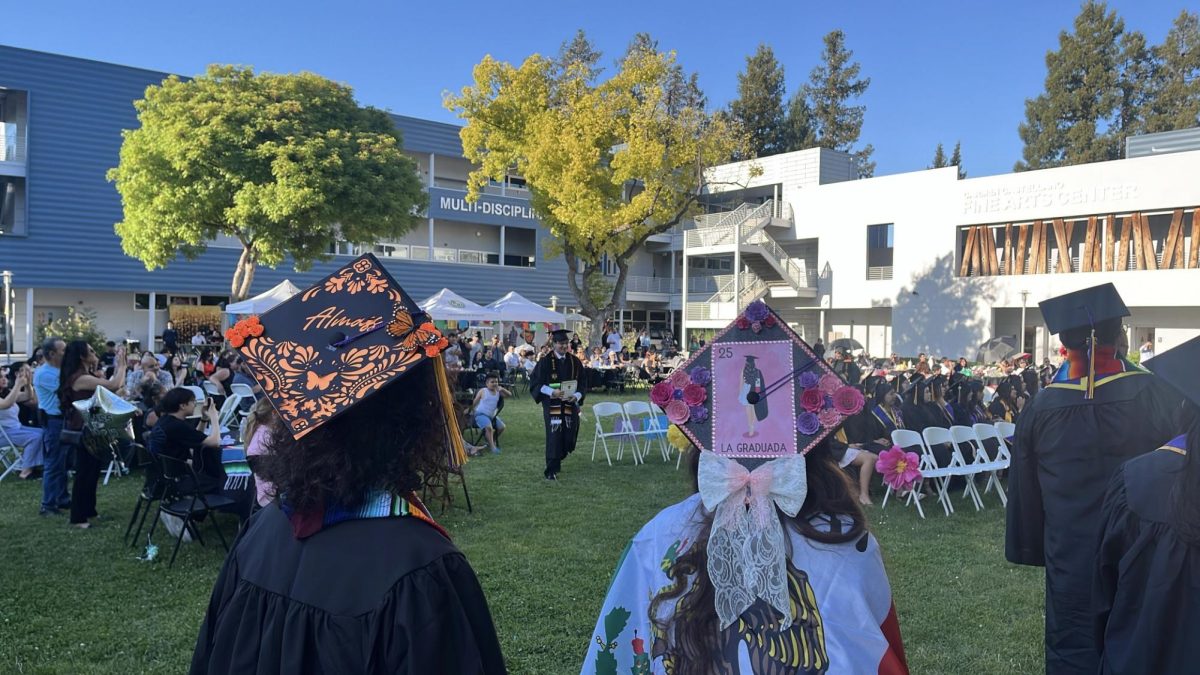Students form Sociology Club
Future campus growth and current curriculum funding are discussion points of today’s college conversation.
The Academic Senate met Nov. 3
College President Byron Cliff D. Breland discussed his successful trip to Vietnam and the interest of that community in exchanging students between that country and our college.
Breland also briefed the Academic Senate about a future 14 week software Coding Academy curriculum which would enable a student to enter the software programming field at a mid-salary range of $80,000 a year.
Dean of Language Arts Kieko Kimura led a discussion on the discretionary funding process. Currently the college has received approximately $850,000 in additional funds from the college district.
These funds will be disbursed by the college finance committee based upon a detailed faculty request to support each’s curriculum needs.
The next Academic Senate meeting will be Nov. 17, from 2:10 p.m. to 4 p.m., Student Center, room 204.
The Associated Student Government met Nov. 4
The Associated Student Government continued their conversation whether to dissolve the current form of student government consisting of an 8 member executive council and 20 clubs to an
executive council only with the clubs operating separately under an Inter Club Council.
The ASG approved funds not to exceed $3,200 for the annual Thanksgiving Dinner to be held Thursday, Nov. 19, 5 p.m. at the Student Center room 204.
The ASG also charted a new campus club, the 30 member Sociology club.
The ASG meets weekly on Wednesdays, 2 p.m. Student Center, room 204.
The College Advisory Council met Nov. 6
The College Advisory council approved the Educational Master Plan submitted by Cambridge West, LLC. and also approved a Budget Worksheet submitted by the finance committee.
The Facilities Master Plan was presented to the CAC by Hill Partnership, Inc. This plan projects forward the facilities needed to house an anticipated 1370 additional students who will be attending SJCC in the year 2030. The building funds will be a combination of
state and district monies supported by an additional Bond program.
The discretionary funding process was also discussed by the CAC. Many of the attendees stated that these discretionary funds are not discretionary but necessary funds (monies for supplies
and equipment) to properly fund faculty curriculums.
It was strongly suggested that the curriculum budget should be established by faculty who are aware of their curriculum needs rather than a distant District Budget Committee.
The next CAC meeting will be Nov. 20, 9 a.m. to 11 a.m., Student Center, room 204






